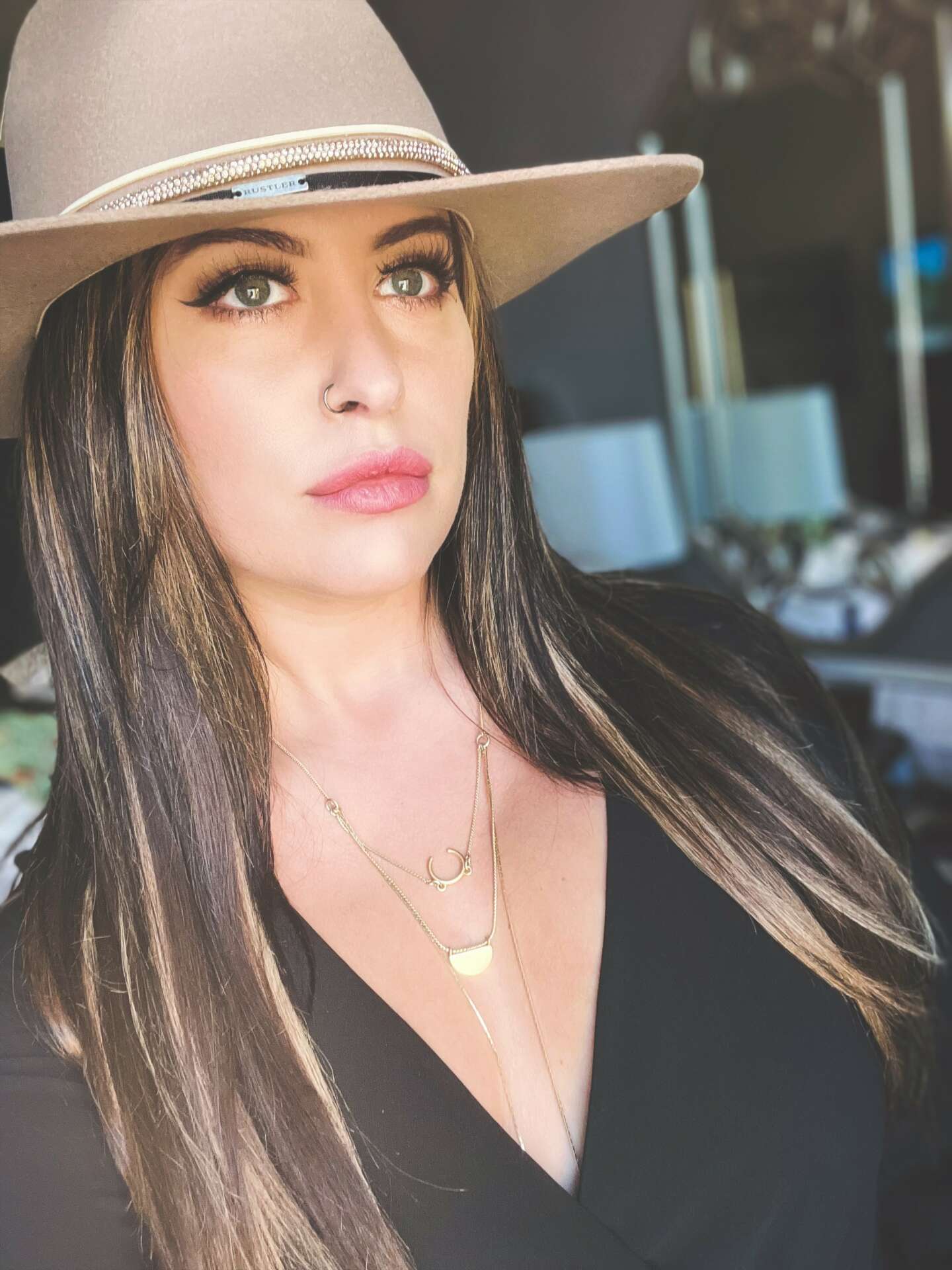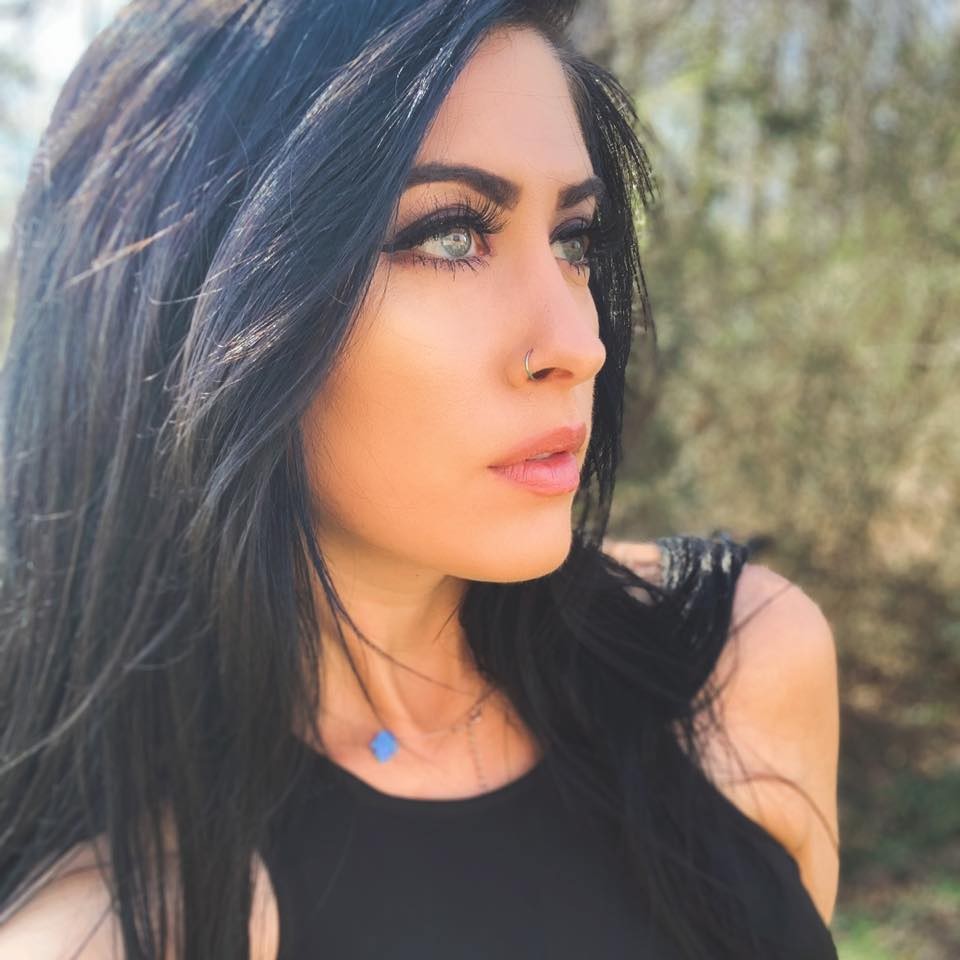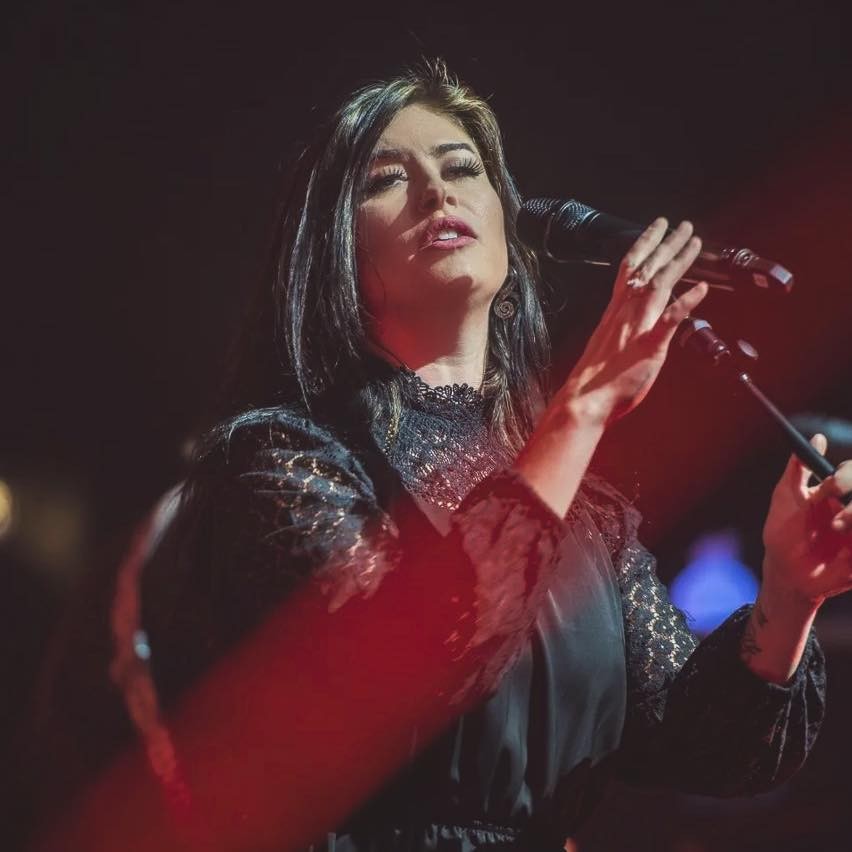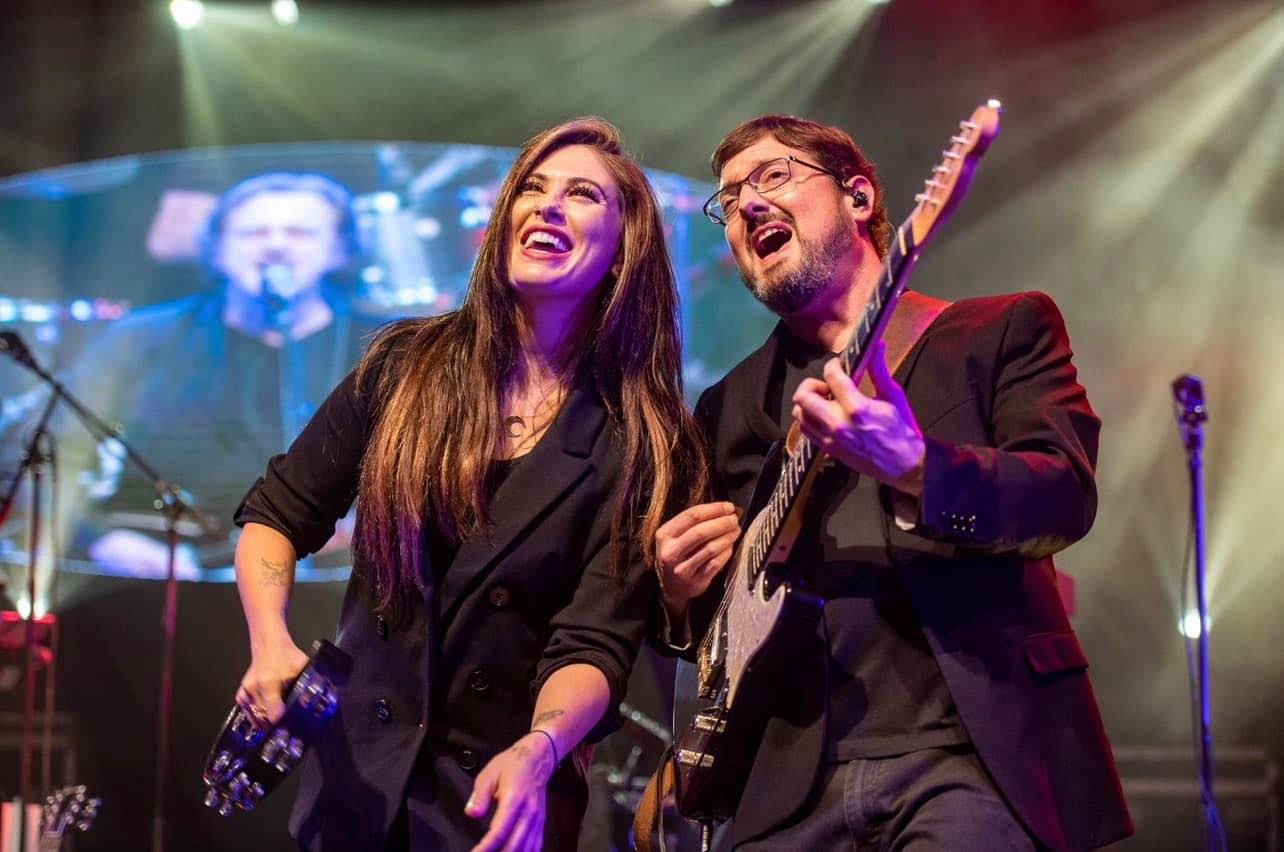We’re excited to introduce you to the always interesting and insightful Jessica Meuse. We hope you’ll enjoy our conversation with Jessica below.
Alright, Jessica thanks for taking the time to share your stories and insights with us today. Have you been able to earn a full-time living from your creative work? If so, can you walk us through your journey and how you made it happen? Was it like that from day one? If not, what were some of the major steps and milestones and do you think you could have sped up the process somehow knowing what you know now?
I’ve been performing publicly ever since I was 10 years old. Everything I know about the entertainment industry I have learned from doing it myself — “baptism by fire” as I oftentimes call it. There have been innumerable adversities along my path that have forced me to either give in to pressure or become highly introspective and grow and accept myself as a person; I like to think I’ve chosen the latter. I have encountered anything from the petty misinformed who don’t realize that being a creative is a “real” job (thankless at times) to a copyright issue with an old manager who refuses to give the rights back to songs I remember writing about real experiences and events in my own life. It’s a cutthroat industry, and the fact that I’m still here making music full-time and performing every chance I get hopefully shows the world how much I truly love what I do.


Jessica, before we move on to more of these sorts of questions, can you take some time to bring our readers up to speed on you and what you do?
I started in the entertainment industry at an incredibly young age. I sang for the first time in public when I was only 10 years old, but I had been singing and learning my craft practically since I left the womb. Music was always second nature to me, and I was drawn to it like a moth to a flame. My family moved around so much throughout my childhood that music became my constant; it was the only thing that was consistent and always there for me, so I fell in love. I started performing publicly by singing along to karaoke, but I soon became interested in instruments. I picked up a violin when I was ~12 or so, and I ended up joining a symphony orchestra in Rhode Island, where we lived at the time. When my family moved to Alabama, I joined a symphony there and worked my way from second-to-last chair to first chair of my section. It wasn’t long before I yearned to pick up a guitar. I have always been a writer — writing poems, short stories, and “wannabe” songs. I needed an instrument that would allow me to expand on that, so I decided to teach myself guitar. The rest is pretty much history.
The main thing I want people to take from my journey and how I’ve ultimately branded myself online and through my music is that everything I do is to remind YOU that you have strength inside that you may not know exists. Some (most) of my music can be interpreted as angsty and even angry, but if that’s all you’re getting from it, you’re missing the point. I write my songs with a lot of unsung lyrics and between-the-lines deeper meanings. Most of them are about getting kicked down, falling, and failing, but always getting back up. I want people to see that message and realize that everything they need is within themselves, even if everything on the outside seems to be going wrong.


What’s the most rewarding aspect of being a creative in your experience?
My fans. Hands down. I mean it every time I say it, but my fans have always picked me up and believed in me even when I didn’t believe in myself. The #MuseMafia is so dedicated — they’ve stuck around for 10+ years at this point. Some have even been around since my pre-television life, back when I was performing 3 and 4-hour gigs in a pizza restaurant downtown. They’re so dedicated and have always accepted me, quirks and all, good and bad. I think I stopped making music for myself a long time ago. It’s for the fans now.
In your view, what can society to do to best support artists, creatives and a thriving creative ecosystem?
Talk. A lot of amazing artists are never discovered. What you see as the A-listers are the top 1% who were in the right place at the right time, knew the right people, or happened to be related to someone already in the field. A lot of incredible talent gets overlooked, and record labels aren’t really into artist development deals anymore. The best way you can support artists is to talk about them, engage with them (both on and offline), and put the same energy into your support as you put into Patrick Mahomes, Tua Tagovailoa, etc. Treat artists like your favorite football player or team.
Contact Info:
- Website: www.jessicameuse.com
- Instagram: www.instagram.com/jessmeuse
- Facebook: www.facebook.com/idoljessicameuse
- Linkedin: www.linkedin.com/in/jessicameuse
- Twitter: www.twitter.com/jessmeuse
- Youtube: www.youtube.com/jessmeuse
- Other: twitch.tv/jessmeuse www.tiktok.com/@jessmeuse
Image Credits
Rob Hereth


